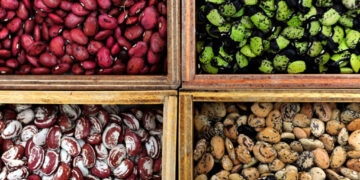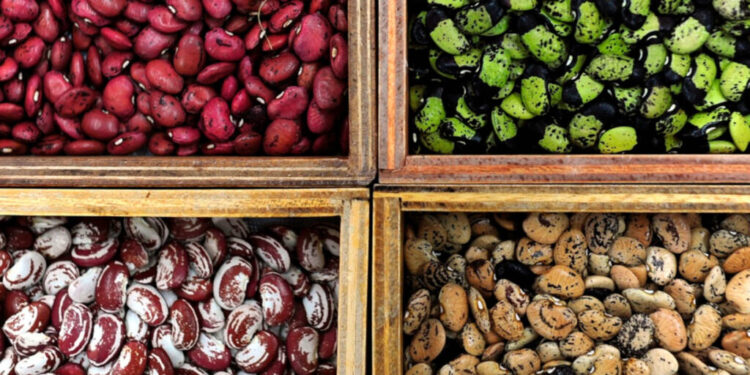The Council for Scientific and Industrial Research-Savanna Agricultural Research Institute (CSIR-SARI) has announced the release of the Pod Borer-Resistant (PBR) Cowpea, the first genetically modified crop to be developed in Ghana, for commercial cultivation.
This landmark achievement, backed by partners such as the United States Agency for International Development and the African Agriculture Technology Trust Foundation (AATF), culminates over a decade of rigorous research and regulatory approvals.
The PBR cowpea is not only disease-resistant but also matures early, is highly nutritious, and promises higher yields.
At the launch event in Nyankpala, Northern Region, Professor Paul Bosu, Director-General of CSIR, emphasized the significance of the PBR cowpea in promoting food security. He remarked, “The release of this variety is a milestone in our efforts to leverage cutting-edge science to address national challenges.”
Cowpea, a crucial crop for smallholder farmers, provides essential protein and nutrients, and its cultivation supports numerous livelihoods. The devastating pod borer pest, capable of causing up to 80% yield losses, has historically threatened this crop, making the PBR cowpea a critical innovation.
Alhaji Shani Alhassan Saibu, Northern Regional Minister, echoed these sentiments in his speech, underscoring the government’s commitment to agricultural advancement through technology.
He stated, “We are taking bold steps towards food security and improving the livelihoods of the people.” Professor Aggrey Ambali, Chairman of AATF’s Board of Trustees, highlighted the broader impact, noting, “By adopting the PBR cowpea, farmers can look forward to improved productivity, increased incomes, and enhanced food security.”
Stakeholders, including farmers and seed producers, expressed their gratitude, recognizing the variety’s potential to significantly boost productivity and incomes.

































